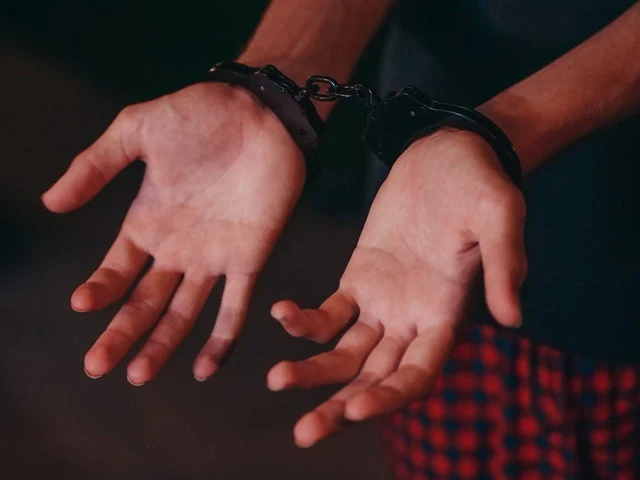Criminal law refers to the section of law that is responsible for the definition of, regulation, and the identification of criminal acts in the US as well as other societies.
In accordance with the definitions provided in different criminal statutes the types of crimes are classified based on your location or location. If you are accused of a particular act which is criminal within your state The first question is to understand all legal defenses available to you.
This is the reason you should consult an expert criminal defense lawyer such as Jackson White Law. Attorneys with years of knowledge of criminal defense are able to use all the strategies for defense that are relevant and tricks to their arsenal regardless of the circumstances surrounding your criminal matter.
What happens in the course of a Criminal Trial?
When being charged with an alleged crime and going through the trial, a defendant is allowed to defend themselves by using an array of legal defense options. In an effort to discredit or smudge the prosecutor's evidence by exposing flaws in the evidence against them. In contrast the prosecution is charged with the responsibility of proving defendant's guilt.
A defendant's innocence is assumed until each aspect of the criminal case is proved beyond a reasonable doubt. The expected "burden of evidence" for a criminal trial is on the prosecutor. With a competent criminal lawyer on their side, a defendant could greatly influence the decision in their advantage.
There are numerous defenses that defendants may argue. Some are made in the hope of poking holes in the prosecution's argument, other defenses are affirmative and need to be proved by their own testimony. This article will explore some of the five general and most commonly used defenses in criminal proceedings which attorneys and defendants employ. Check it out!
1. No crime occurred (Innocence)
This is the most simple defense in a criminal situation in which the defendant denies in fact committed the crime. The focus will be towards the prosecution, who have to prove that the defendant is guilty for each element of the offense beyond a reasonable doubt. While the defendant isn't required to prove anything once they claim innocence, they are entitled to the right to make available documents, evidence, or questions and other relevant evidence to prove the innocence claims. In the event of an allegation of rape the argument of consent can be an excuse for innocence, since no crime took place. In this scenario it is possible to claim that even though sexual contact took place, consent was granted which means that no crime of rape took place.
2. Error in Law or Fact
In order for a crime to be proved that it took place, all essential elements that comprise the crime must be properly. For example an instance of criminal conduct could be dismissed due to a crucial aspect that negates the particular criminal intention. The defense of mistake could be a misinterpretation of facts or a breach of law. The latter is more prevalent in the context of a mishap defense because ignorance of law is not usually an acceptable defense.
3. Self Defense and Defense of Others
These are defenses in which the defendant admits to and defends their actions, saying that a worse thing would have occurred if they not the defendant's actions. These defenses are most common when it comes to crimes such as the battery or assault or murder, where the defendant is required to use the appropriate amount of force or violence to retaliate against the violent violence of the victim. In this instance their actions, which could have been considered illegal in a different context, can be justification for self-defense or defense against other people. To be able to claim self-defense you have to establish relevant circumstances, including the threat was immediate and an intention to carry it out from the side of the target.
4. Insanity or diminished capacity
The defenses of insanity or temporary impaired capacity as a result of intoxication are classified as excuse defenses. They are not intended to declare that the act of the defendant was legal, but to suggest they do not warrant that they shouldn't be held responsible due to how they were mentally at the time of the incident. A defendant may be found innocent of criminal conduct upon concluding whether they are legally insane while performing the act.
5. Coercion or duress
Coercion can also be considered to be just one excuse to defend. A defendant may use duress as a defense to show the coercion that led them to committing an act they would wouldn't have. In order for a dress to be a viable defense, it must establish that there was a real threat to death or serious bodily injury which compelled the defendant to act out of fear. There should be no escape route from the danger.


